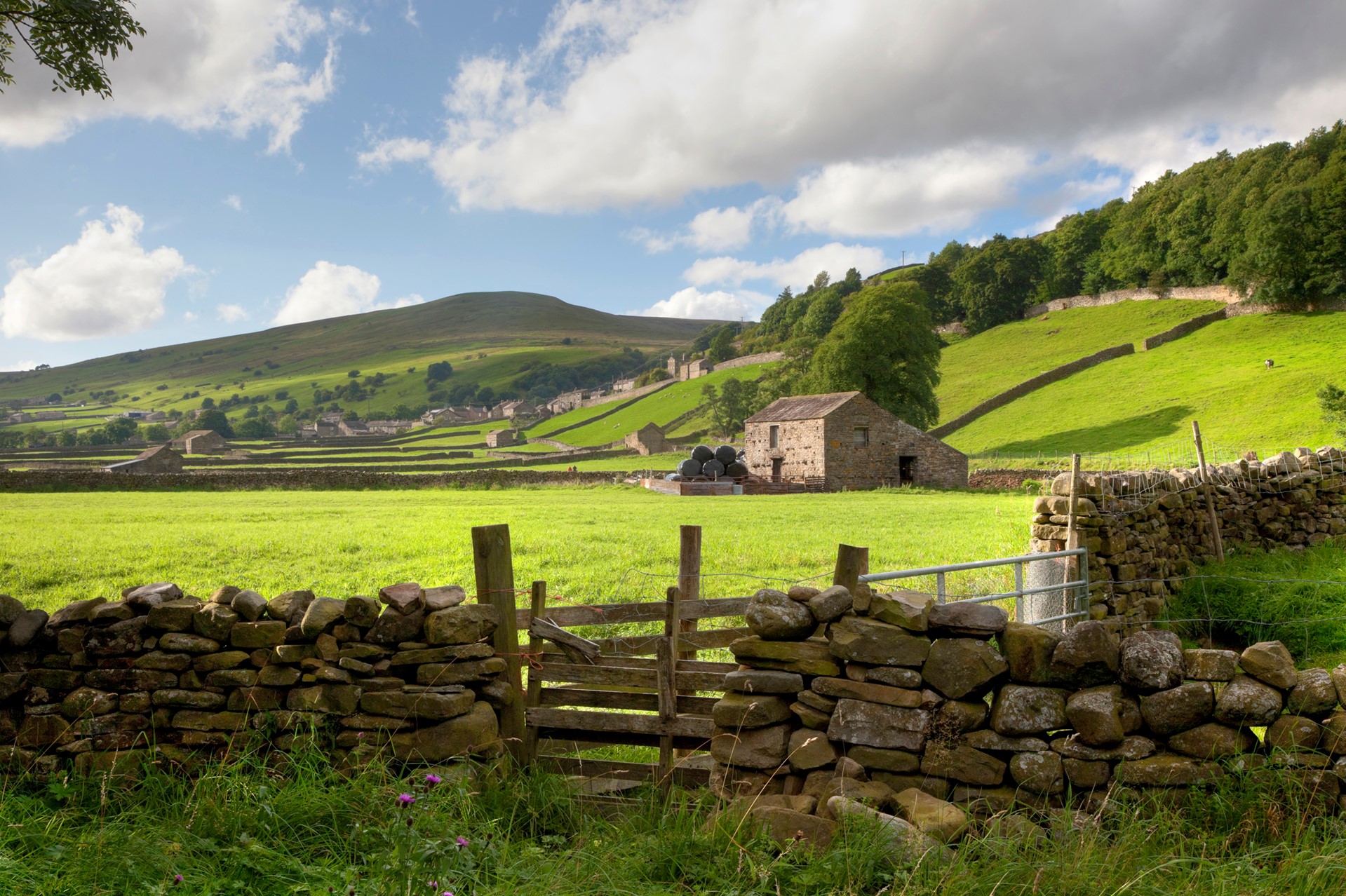2024 big green review: UK sustainability highs and blows
23 December 2024

23 December 2024

Article written by: Tim Mooney
Renewable energy milestones, green policy rollercoasters, and biodiversity woes. Here’s what happened with UK sustainability in 2024.
The UK celebrated a renewable energy milestone in 2024, with wind, solar and hydropower generating 37 per cent of the UK’s electricity this year. This equalled 103 TWh, beating the 35 per cent share (97 TWh) of fossil fuel energy generation.
Wind energy remains the UK’s primary source of renewable energy, supplying 29 per cent of the UK’s electricity in 2024. That’s nearly on par with gas, which continues to be the UK’s largest energy source. Notably, the Labour government lifted the de facto ban on onshore wind in July this year, paving the way for further planning and development of the UK's most prominent clean energy source.
The UK closed its last coal-fired power station this year, marking the end of a historic 142-year relationship with coal plants that began in 1882. The Ratcliffe-on-Soar plant, situated in Nottingham, closed its doors in September, making the UK the first country to set an end date for coal power use from 2025.
The UK also surpassed a heat pump milestone this year. Over 250,000 certified installations of heat pumps have been carried out in the UK, with significant increases from previous years being reported.
All of this feeds into the government's Clean Power 2030 plan which was unveiled at the end of 2024. The plan outlines a need for 43-50 GW of offshore wind, 27-29 GW of onshore wind, and 45-47 GW of solar power to reduce fossil fuel reliance. This will need to be supported by greater grid infrastructure and long-duration battery storage facilities.
The Labour Government announced a range of green policy measures in their Autumn Budget this year. Including a £3.2bn boost for green heating which will benefit around 300,000 homes, £650mn for local transport funding, £2bn for the UK automotive sector with a special focus on EVs, and funding for 11 green hydrogen projects in the UK.
Significantly, the government opted to out one of the UK’s most pressing (and most recent) health, resource, and waste culprits: disposable vapes. Defra confirmed this year that disposable vapes will be banned in the UK from 1 June 2025.
On a global scale, the UK is one of 23 countries considered wealthy enough to contribute to the developing nation's financial fund agreed upon at COP29. The final agreement will see developed nations paying $300bn a year to the world's poorest to help them tackle the devastating impacts of climate change.
London was named one of the top cities globally for EV drivers, boasting over 60,000 EVs and upwards of 7,000 charge points across the city. Its low carbon infrastructure developments and the incorporation of ULEZ has made city driving favourable for EV owners.
However, the UK government has received criticism this year for postponing its ban on the sale of new petrol and diesel vehicles from 2030 to 2035. Though the UK still aims for 80 per cent of new cars to be emission-free by 2030.
The Overseas Development Institute (ODI) reported on the UK’s insufficient financing for biodiversity projects this year. Global biodiversity investments of roughly $700bn annually is needed by 2030 to meet biodiversity demands, but many countries, including the UK, are falling behind. According to the ODI’s analysis, the UK is at the bottom end of the biodiversity table, contributing just $0.46bn of their $1.87bn by 2025 target, representing 24 per cent progress.
The UK Peatland Strategy report was updated in 2024, highlighting a peatland crisis. Peatlands, a highly effective biological carbon sink, have absorbed roughly 3.2 billion tonnes of carbon in the UK alone, and they cover roughly 12 per cent of UK land area. In spite of this, land use strategies over the last century have released roughly 20 million tonnes of CO2 due to peatland destruction, and just 255,000 hectares out of a one million hectare target are considered to be peatlands “in good condition.”
British band Massive Attack teamed up with industry analysts to deliver what they dubbed the “greenest-ever” music festival in Bristol. The festival featured solar powered stages, compost loos, vegan food, and managed audience travel plans. It is hoped that the festival, called Act 1.5, will serve as a blueprint for future music festivals and inspire change within the industry.
Our consultants provide fully funded support including business development, market research and training. All designed to help you to raise your profile, scale and win new business.
Share